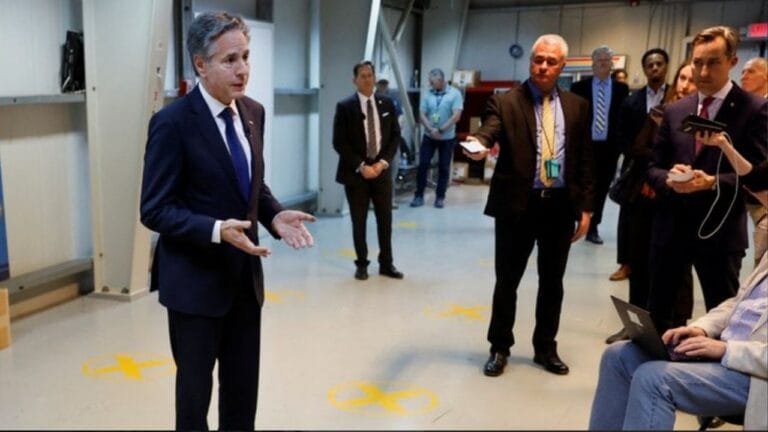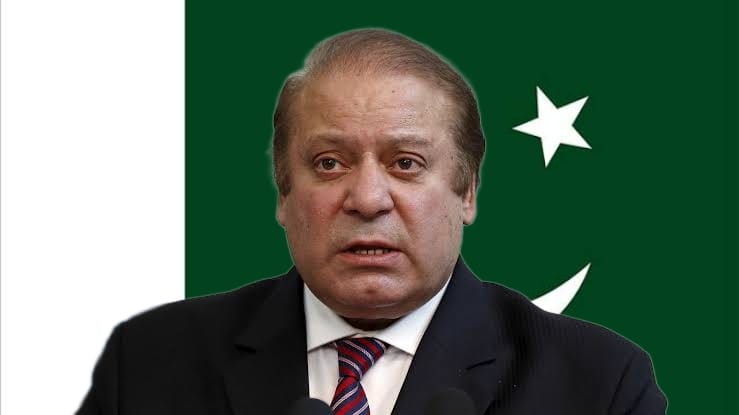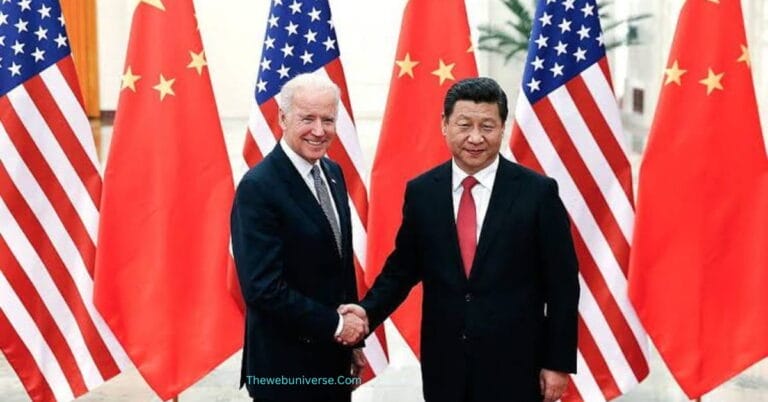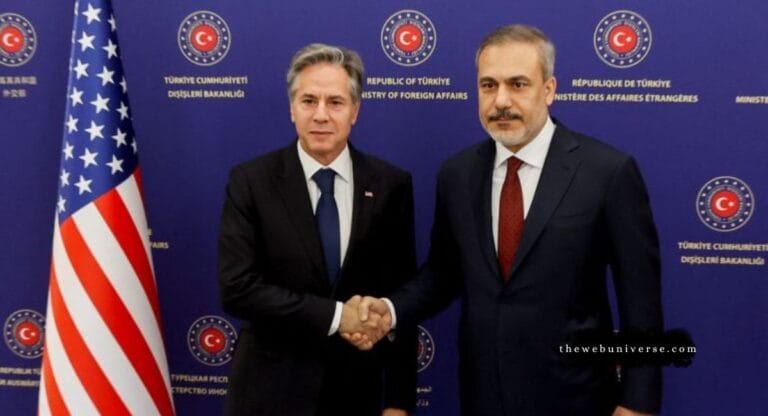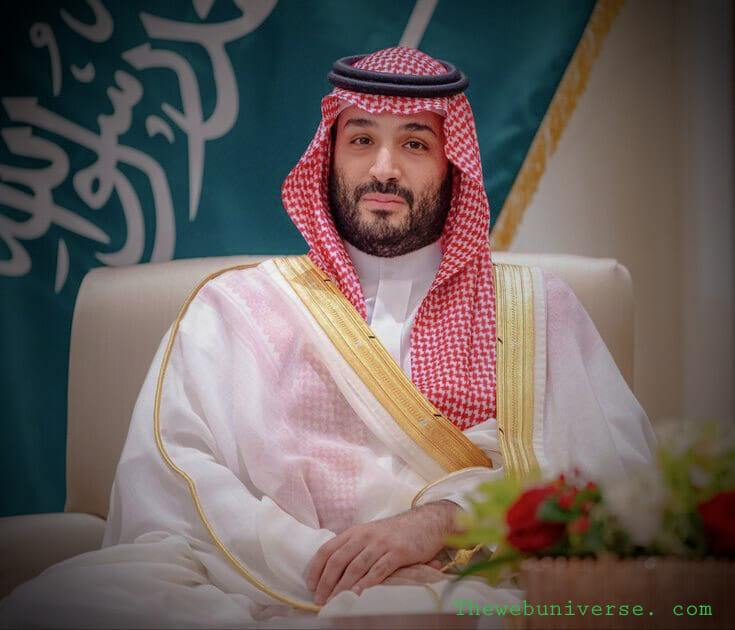Trump Sons’ Testimonies: Downplaying Involvement in New York Fraud Trial
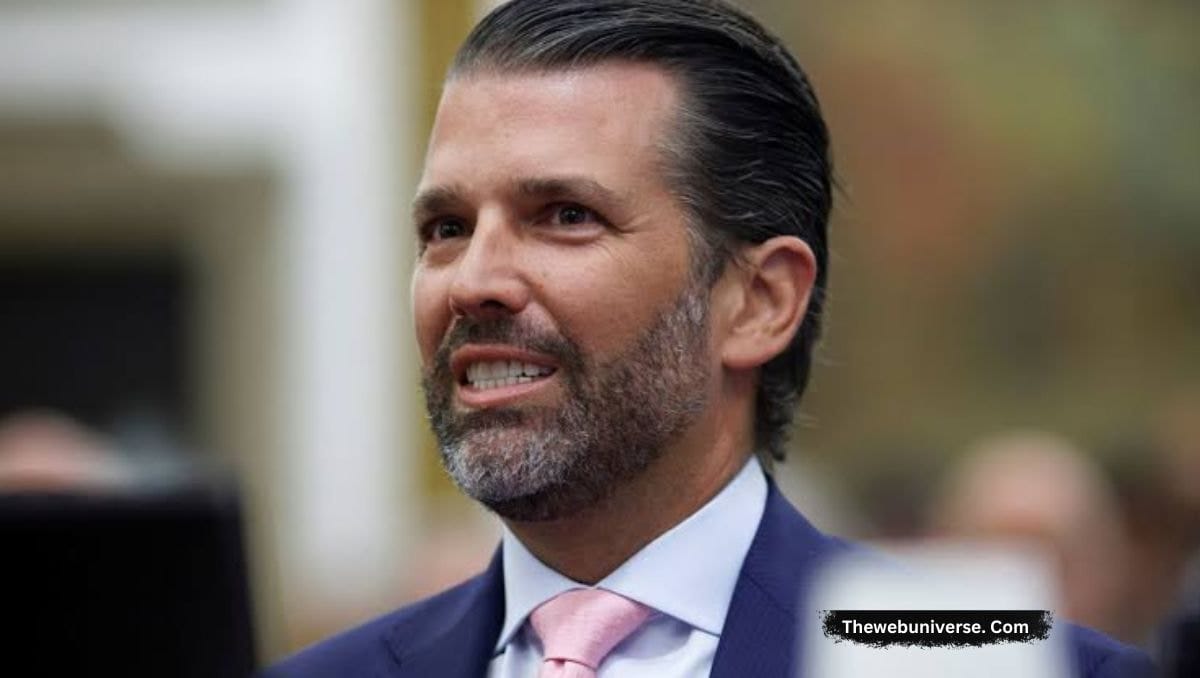
The Trump family’s ongoing civil fraud trial in New York has taken center stage, with Donald Trump Jr. and Eric Trump recently providing sworn testimonies. Their testimonies shed light on their involvement in the preparation of financial documents, which allegedly inflated the value of Trump Organization properties and their father’s wealth. In this article, we delve into the key aspects of their testimonies and the implications for the ongoing trial.
Limited Involvement Claimed
During their testimonies in a Manhattan courtroom, both Trump Jr. and Eric Trump downplayed their connection to the financial records in question. They maintained that their involvement in the preparation of these documents was limited. The state alleges that the scheme in question netted $250 million over a decade, primarily through manipulating financial statements to secure favorable deals with banks and insurers.
Responsibilities as Executive Vice Presidents
After Donald Trump became the President of the United States in 2017, his two eldest sons, Trump Jr. and Eric Trump, took over the day-to-day operations at the Trump Organization. They hold the titles of executive vice presidents in the organization. In the civil case brought by New York Attorney General Letitia James, they are co-defendants, along with their father, the Trump Organization, and several executives. All parties involved have consistently denied wrongdoing and claimed that the trial is politically motivated.
Trump Jr.’s Testimony
Donald Trump Jr.’s testimony began with questions about his background, work history, and responsibilities within the Trump Organization. He described his role as “an all-encompassing developmental role” but had limited recollection of certain key moments, such as when the company’s chief financial officer, Allen Weisselberg, agreed to a $2 million severance before facing jail time for fraud. Trump Jr. attributed responsibility for the alleged fraud to Weisselberg and the company’s external accountants, emphasizing that he trusted their expertise.
Trump Jr. also faced questions regarding his response to Forbes magazine’s inquiry in 2017 about the square footage of his father’s penthouse apartment in Trump Tower. He denied specific recollection of the inquiry and the email he sent to an attorney for the Trump Organization in response. Despite the company being found liable for fraud, he stood by the accuracy of the financial statements, emphasizing that he relied on accountants to ensure their accuracy.
Eric Trump’s Testimony
Eric Trump’s testimony followed his brother’s. He denied any involvement with the statements at the core of the case, claiming that he never saw or worked on a statement of financial condition. Despite evidence suggesting his involvement in financial discussions related to the family business, he asserted his lack of connection to the specific documents in question.
Challenges to Testimonies
Throughout the trial, the attorney general’s office presented various emails and messages indicating the Trump sons’ involvement in financial matters. They tried to pinpoint discrepancies between their testimonies and the evidence collected. Some heated exchanges took place, with Eric Trump initially denying involvement in appraisal work related to a property’s overvaluation by more than $200 million, only later conceding some involvement.
Towards the end of Eric Trump’s testimony, there were protests from Trump’s legal team regarding issues with Judge Arthur Engoron’s law clerk. This led to a tense exchange in the courtroom.
Implications
The testimonies of Donald Trump Jr. and Eric Trump are crucial in the ongoing civil fraud trial. The prosecution aims to establish their level of involvement in the alleged financial manipulation. The defense, on the other hand, maintains that their role was limited, and they relied on experts for financial matters.
The trial’s outcome will have significant implications, not only for the Trump family but also for the political landscape, as both sides claim the trial is politically motivated. As the trial continues, the testimonies of the Trump sons remain central to the case.
FAQs
What is the New York fraud trial involving the Trump family?
The New York fraud trial is a civil case brought by New York Attorney General Letitia James against the Trump family, including Donald Trump Jr. and Eric Trump, their father, and the Trump Organization. The case alleges financial fraud related to the inflation of property values and their father’s wealth over a decade.
What are the key allegations against Donald Trump Jr. and Eric Trump in this trial?
The key allegations against Donald Trump Jr. and Eric Trump involve their involvement in the preparation of financial documents that inflated the value of Trump Organization properties and their father’s wealth. They are accused of manipulating financial statements to secure favorable deals with banks and insurers.
Why do the Trump sons claim limited involvement in the alleged financial manipulation?
Donald Trump Jr. and Eric Trump maintain that their involvement was limited, and they trusted the expertise of financial experts and accountants. They argue that they relied on professionals to ensure the accuracy of financial statements and downplayed their direct involvement in the alleged fraud.
What are the potential implications of this trial beyond the Trump family?
The trial has significant political implications, with both sides claiming it’s politically motivated. The outcome could impact not only the Trump family but also the broader political landscape. The trial’s verdict will likely continue to generate public interest and discussion beyond the courtroom.


